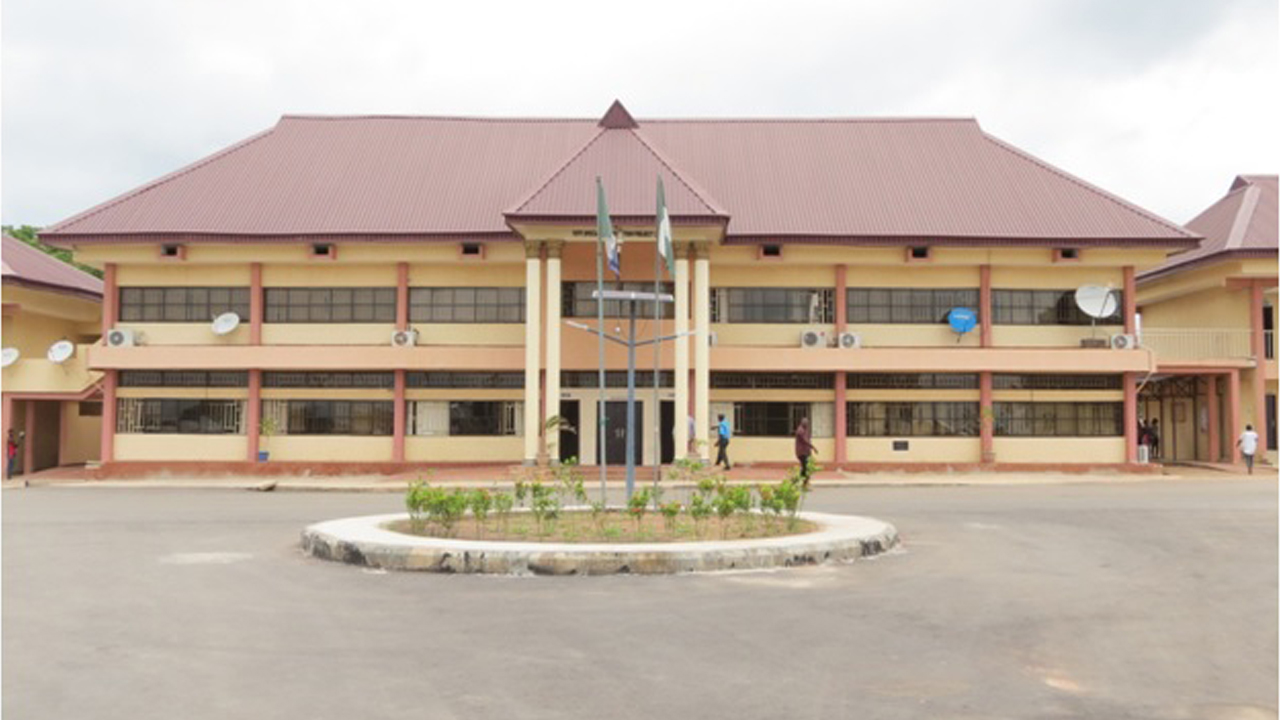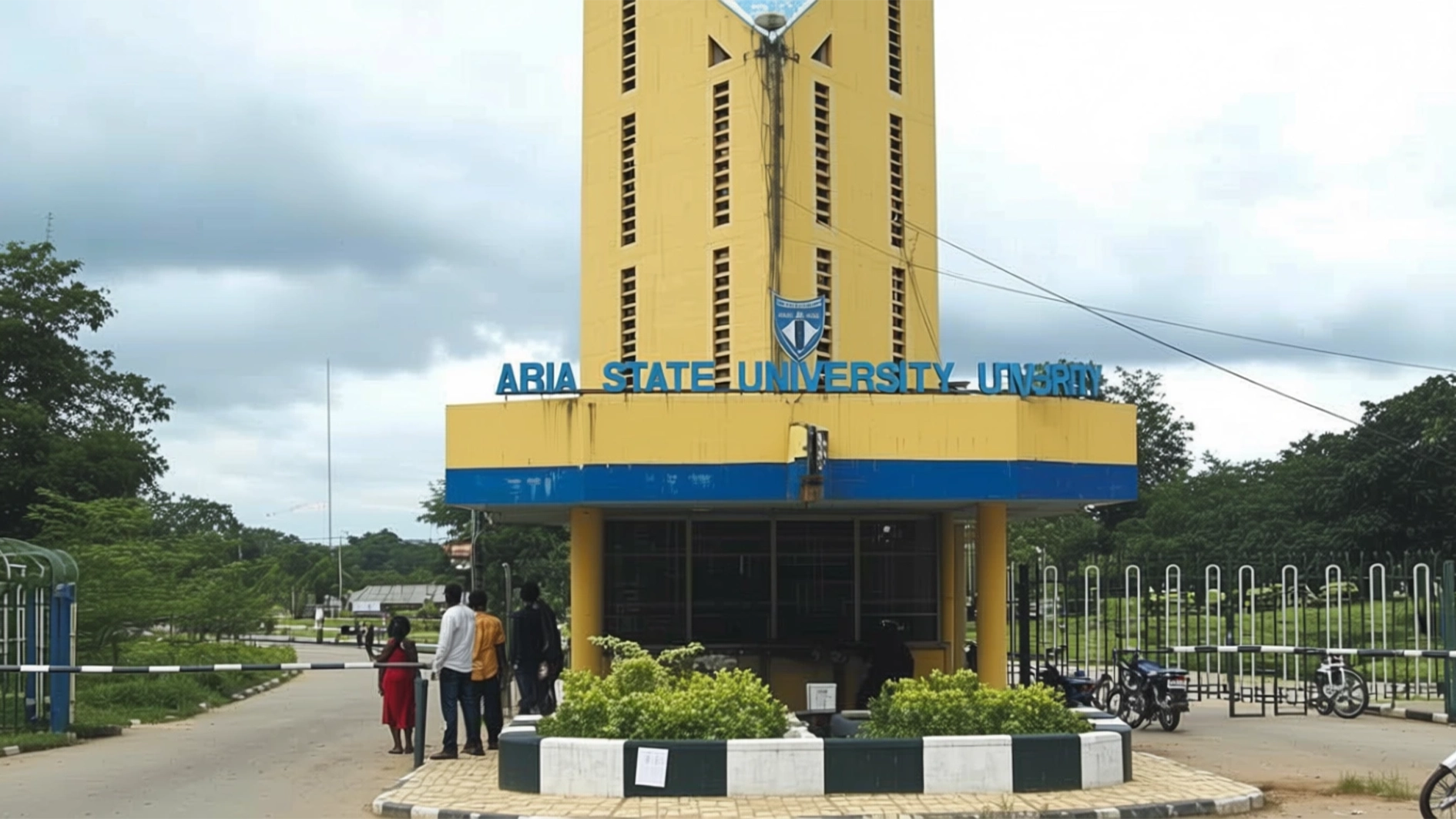A Nigerian PhD scholar in power system studies, Mr. Olaoluwa Adeleke, has disclosed that Nigeria can fast-track its development and avoid decades of slow infrastructure growth by adopting renewable energy and digital technologies to drive smart city transformation.
Adeleke, whose research focuses on renewable energy, power system stability, microgrids and robotics, said the integration of smart technologies would reduce dependence on generators, cut carbon emissions, and save part of the billions of dollars lost annually to power volatility and grid instability across major sectors.
In an interview with The Guardian, he urged the government and private stakeholders to prioritise renewable energy deployment and digital infrastructure investments to accelerate Nigeria’s transition into smart, resilient cities.
According to him, Nigeria has a unique opportunity to leapfrog outdated systems used in older economies.
“Nigeria does not need to repeat the mistakes of older economies. We can leapfrog straight into advanced digital systems like those used in the United States and Singapore,” he said.
Adeleke said Nigeria, regarded as one of Africa’s most outage-prone nations, would benefit immensely from IoT-enabled smart grids capable of detecting and correcting faults automatically.
He explained that smart water networks, real-time monitoring platforms and automated control systems could also improve efficiency, reduce wastage and strengthen urban resource management, aligning with the country’s ambitions for sustainable and resilient cities.
Describing renewable energy as the foundation of smart city development, he stressed the need to expand investment in solar microgrids and smart metering technologies, especially as only about 55 per cent of Nigerians currently have access to grid electricity.
“Renewable energy is not an option; it is the backbone of any smart city project. Without clean and stable power, there can be no genuine progress in digital transformation,” he said.
Concerning mobility, the scholar noted that urban transport inefficiency—particularly in Lagos—costs the economy billions of naira yearly. He said AI-driven traffic lights, GPS-equipped buses, and predictive transport software could significantly reduce congestion and enhance mobility.
“Cities like Singapore and Barcelona have shown that smart mobility is achievable when data, automation and real-time monitoring are combined. Nigeria can replicate that model with local innovation,” he added.
Adeleke also emphasised the importance of smart governance, calling for digital platforms that would enable citizens to report outages, track government responses, and participate more actively in public decision-making.
“A truly smart city must be people-centred. Technology should empower citizens to hold leaders accountable, improve transparency and strengthen service delivery at all levels,” he said.
On potential risks, he warned that increased reliance on digital systems could expose Nigeria to cyber threats such as ransomware attacks and data breaches. He therefore called for stronger cybersecurity frameworks and specialised training for personnel in government and the energy sector.
He added that blockchain-based data protection systems could improve transparency, prevent unauthorised access and secure Nigeria’s emerging digital infrastructure and smart energy ecosystem.
Adeleke further noted that smart city development must include rural areas. He recommended deploying solar microgrids, telemedicine solutions and IoT-enabled agricultural tracking systems to improve power access, healthcare delivery and food production.
“Smart cities must not exclude rural areas. With solar microgrids, smart farming and telemedicine, we can create inclusive development that bridges the rural–urban divide,” he said.
Identifying financing gaps, weak connectivity and low public awareness as key obstacles, he recommended public-private partnerships, satellite broadband investments and community education to ensure equitable digital and energy access nationwide.
On international cooperation, he urged Nigeria to deepen partnerships with the World Bank, African Development Bank and global technology companies such as Huawei for funding, technical expertise and knowledge transfer.
Adeleke said effective implementation of smart city projects could cut energy losses by up to 30 per cent, create thousands of ICT and renewable-energy jobs, and boost national security through enhanced data-driven management systems.
“Smart cities are not only about technology but about creating sustainable, inclusive and resilient communities powered by clean energy and guided by innovation,” he said.
·






